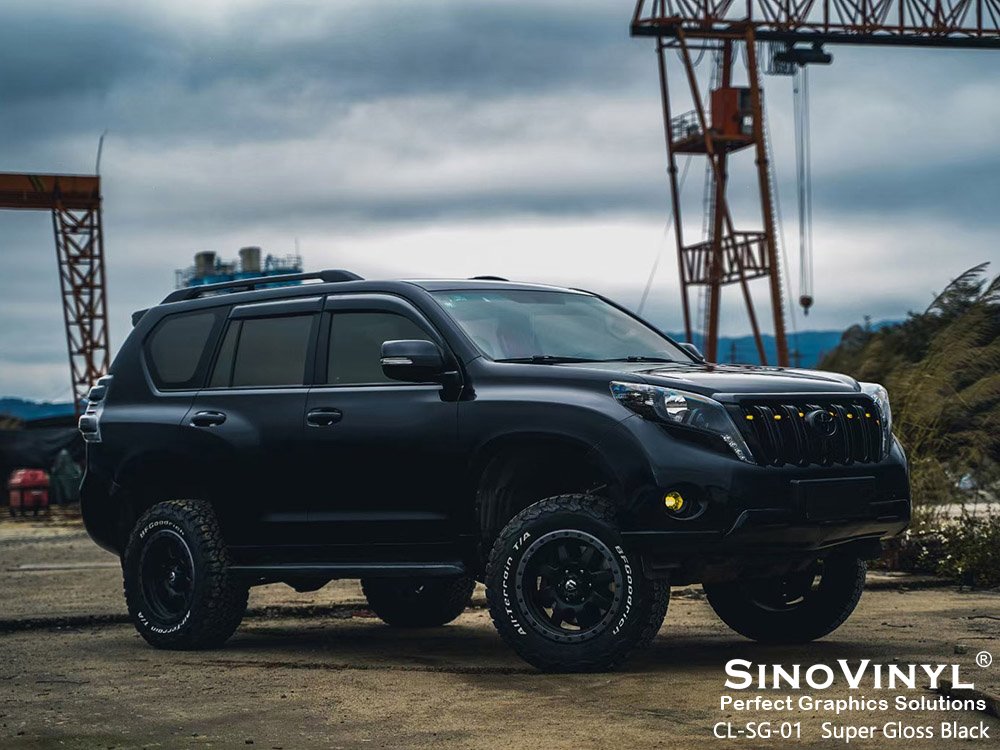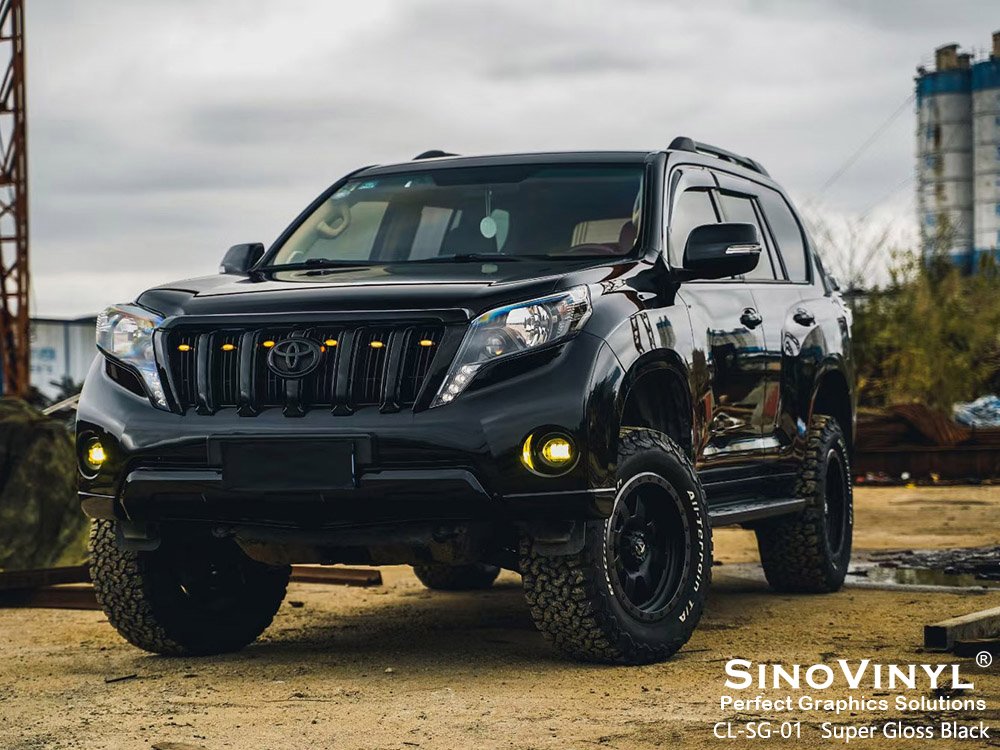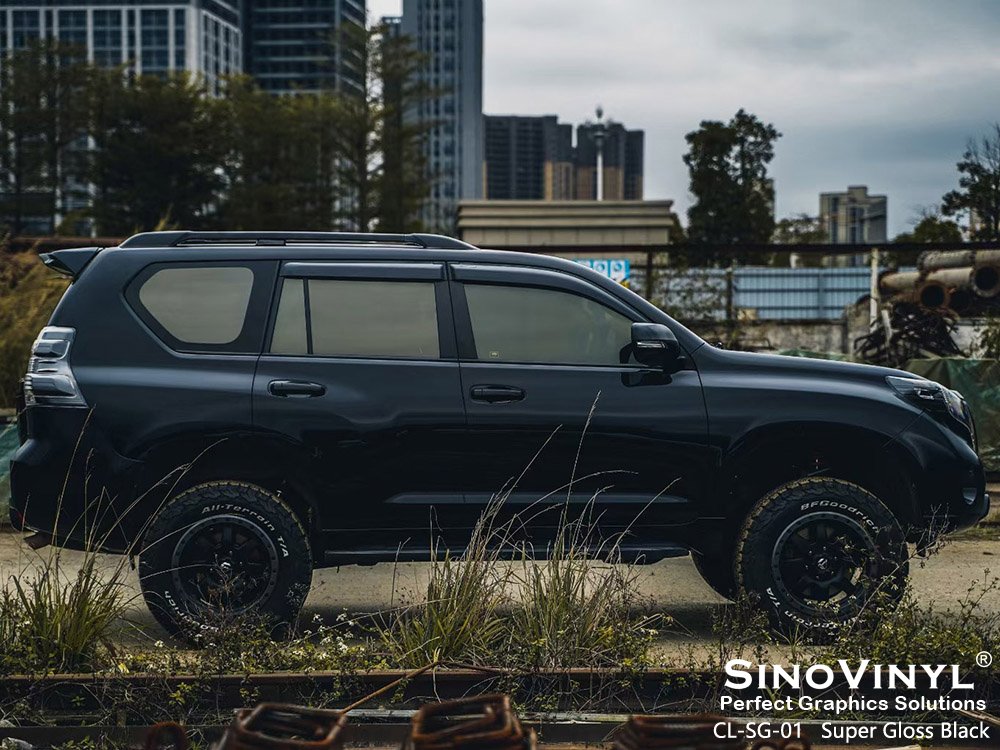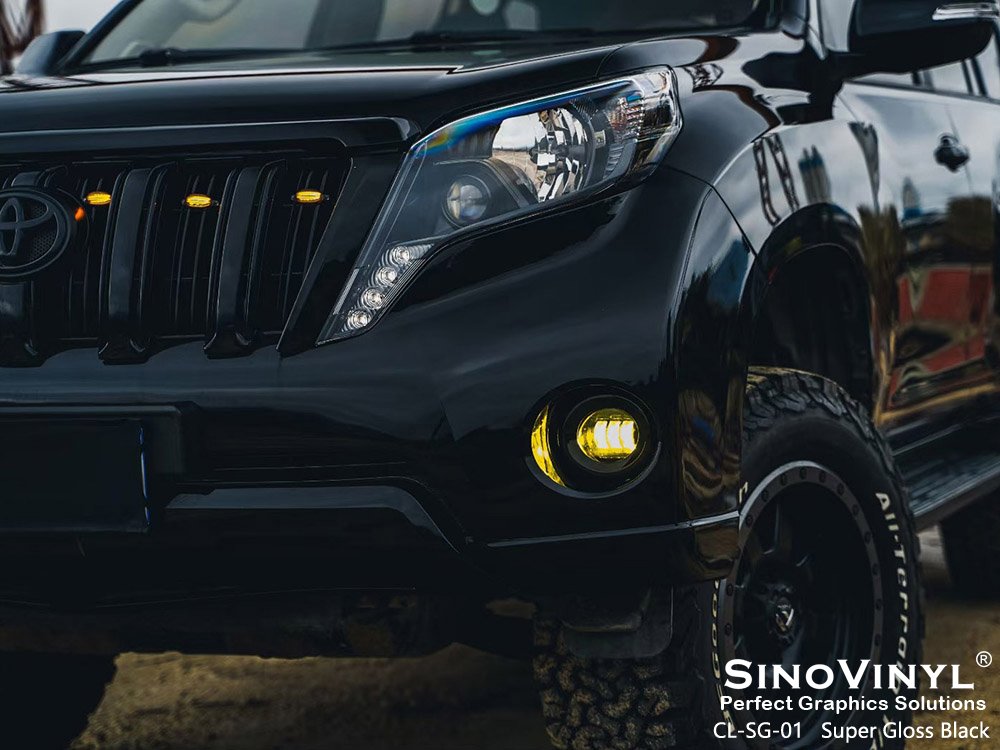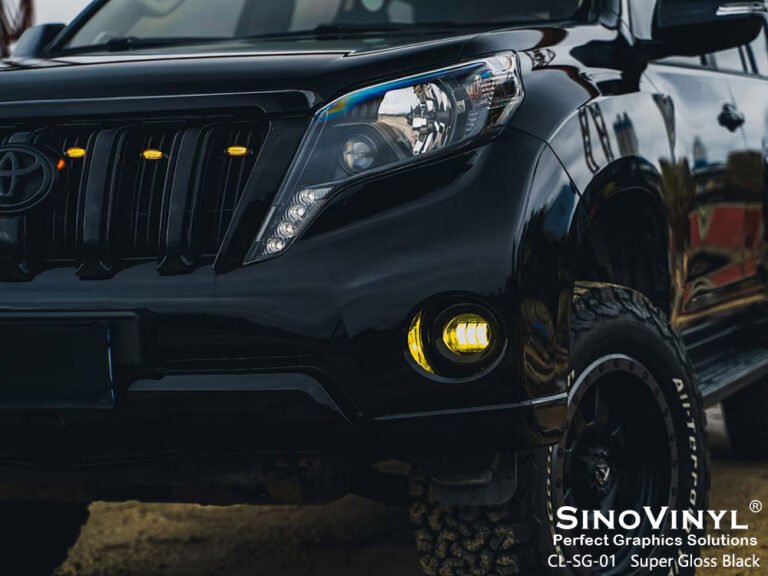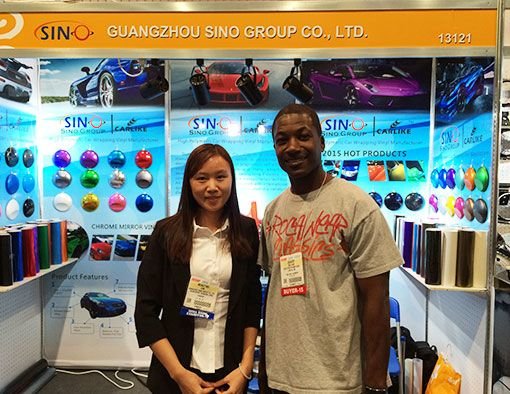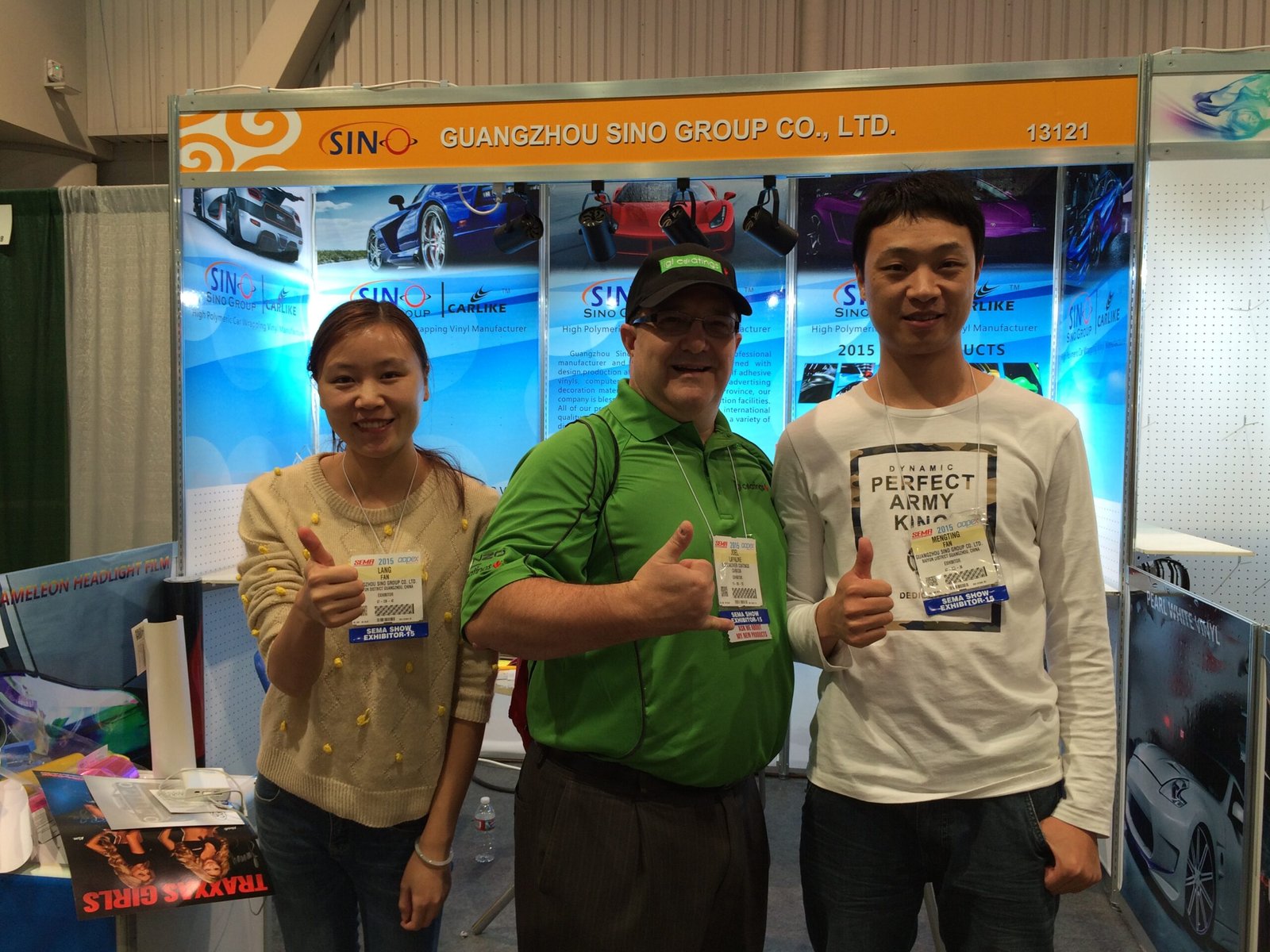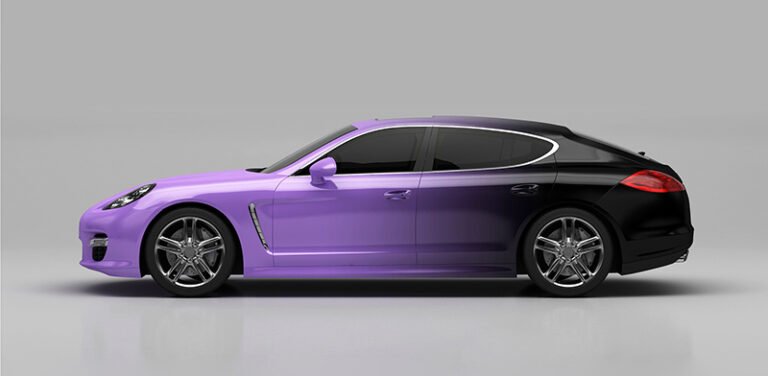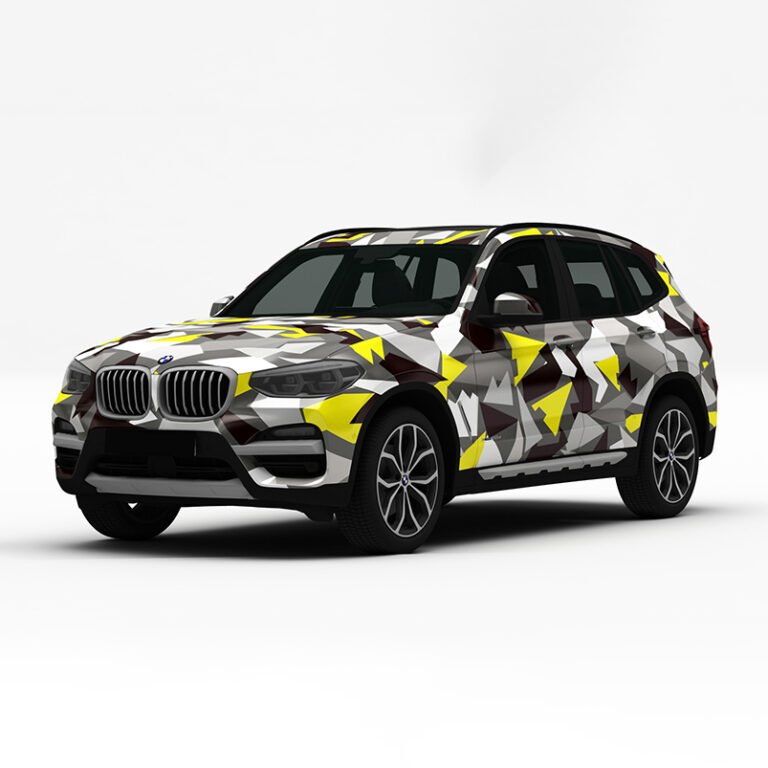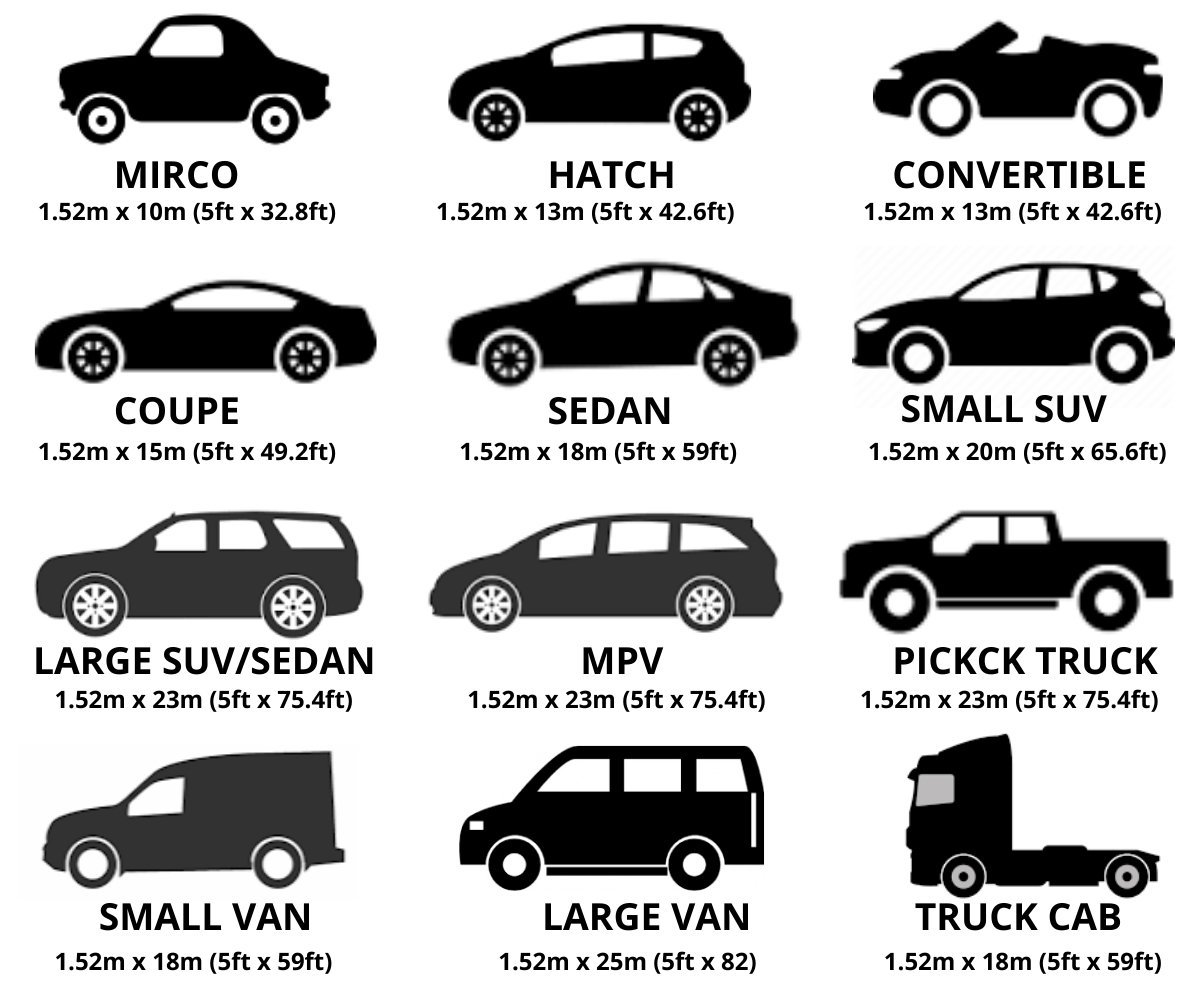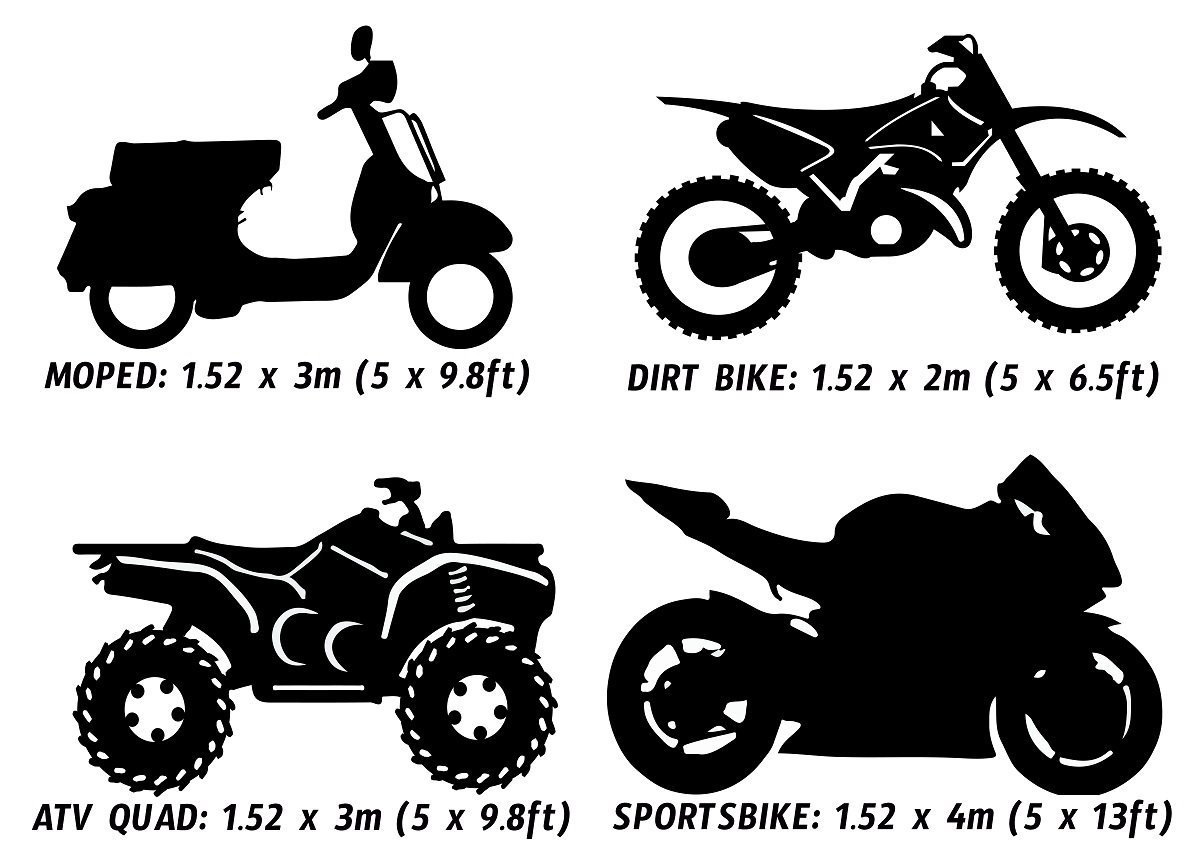The longevity and durability of vinyl wraps play a pivotal role in determining the value and satisfaction derived from the investment. This section delves into the differences in lifespan and resilience between professionally wrapped vehicles and those wrapped through DIY methods, shedding light on which option offers superior performance and longevity.
The Lifespan and Resilience of Professionally Wrapped vs. DIY-Wrapped Vehicles
Vinyl wrapping offers a protective layer for vehicles, shielding them from environmental factors like UV rays, dirt, and minor scratches. The quality and longevity of this protection largely depend on the expertise of the installer and the materials used. Here’s a closer look at how professionally wrapped and DIY-wrapped vehicles stack up in terms of lifespan and resilience:
Professional Vinyl Wrapping
1. Quality Materials
Professionals often use high-quality vinyl materials that are designed to withstand various environmental conditions. These materials are UV-resistant, ensuring the wrap retains its color and integrity over time.
2. Expert Installation
Professional installers have the necessary skills and experience to ensure a flawless application. Proper installation reduces the risk of air bubbles, wrinkles, and lifting edges, which can compromise the longevity of the wrap.
3. Durability
A professionally wrapped vehicle can last anywhere from 5 to 10 years, depending on care and maintenance. With regular upkeep, such as avoiding harsh chemicals and frequent waxing, the wrap can maintain its appearance and protective qualities for an extended period.
DIY Vinyl Wrapping
1. Material Choices
DIY kits are available in a range of quality levels, from budget-friendly options to higher-grade materials. While some DIY kits offer decent durability, others may lack the UV resistance and longevity of professional-grade vinyl.
2. Self-Installation Challenges
Installing vinyl wrap yourself can be challenging, especially for beginners. Mistakes like improper stretching, trapped air bubbles, and uneven edges are common and can lead to premature wear and tear.
3. Shorter Lifespan
Due to potential installation errors and lower-quality materials, DIY-wrapped vehicles generally have a shorter lifespan compared to professionally wrapped ones. While some DIY wraps may last 2 to 5 years with proper care, they often require more frequent replacement or maintenance.
Conclusion
While DIY vinyl wrapping can be a rewarding project for enthusiasts willing to invest time and effort, professional installation offers superior durability and resilience. If longevity and quality are your priorities, opting for professional services might be the best choice for ensuring your vehicle remains protected and visually appealing for years to come.
